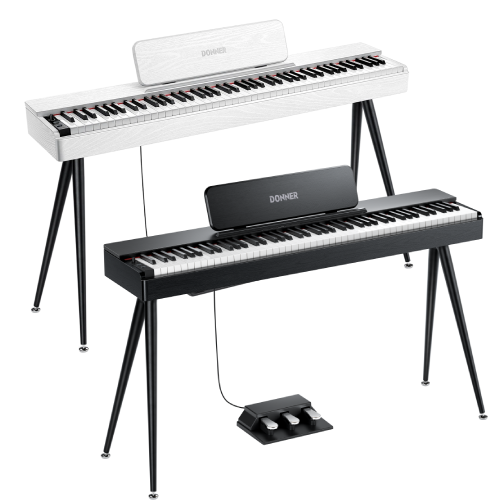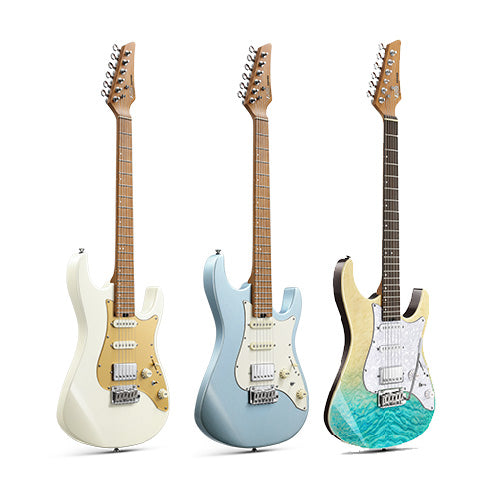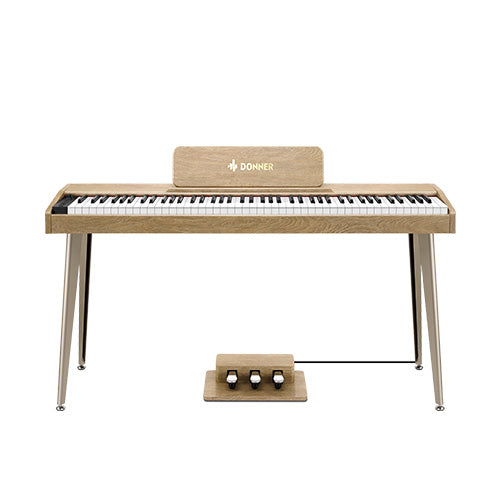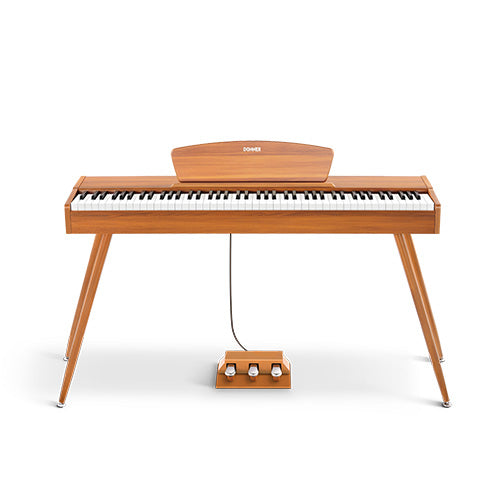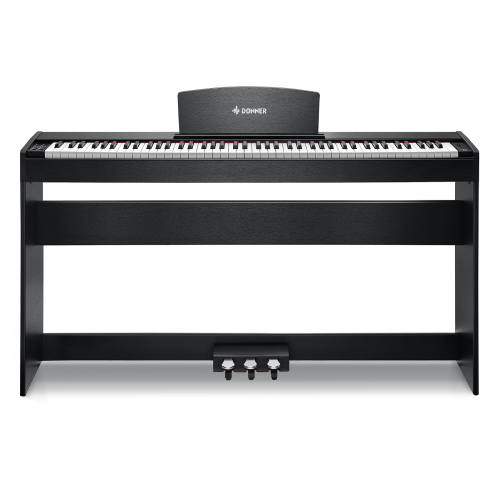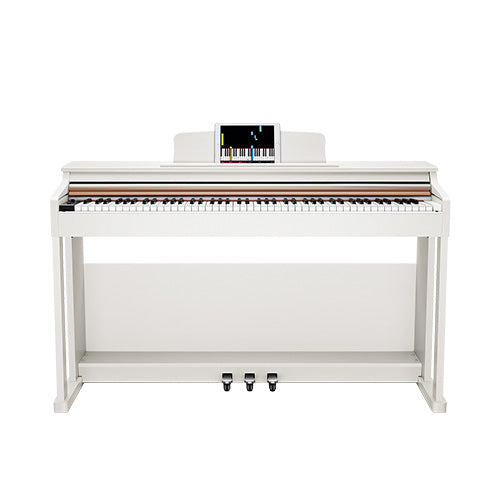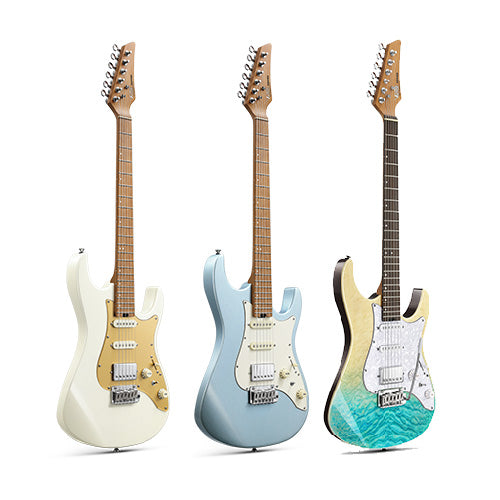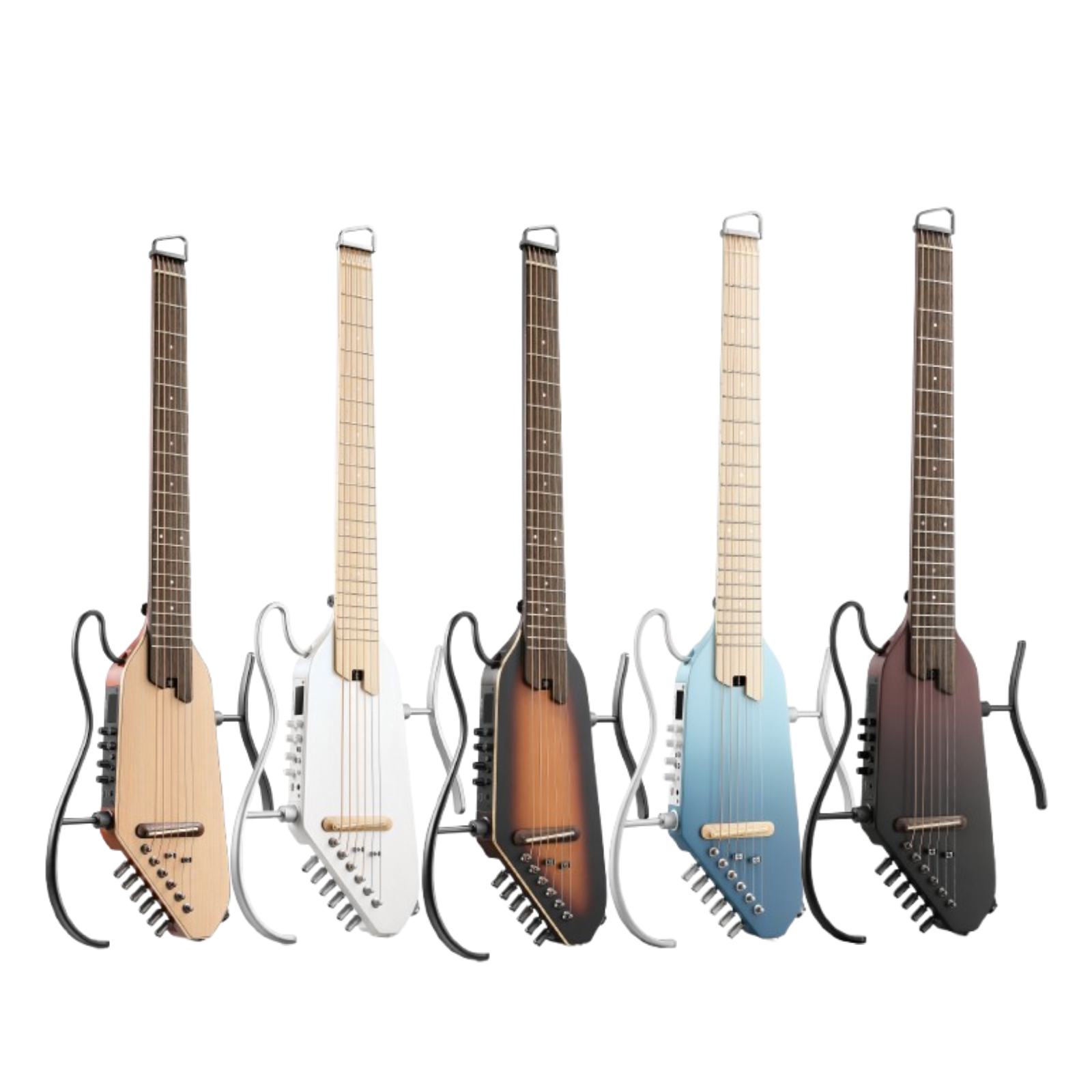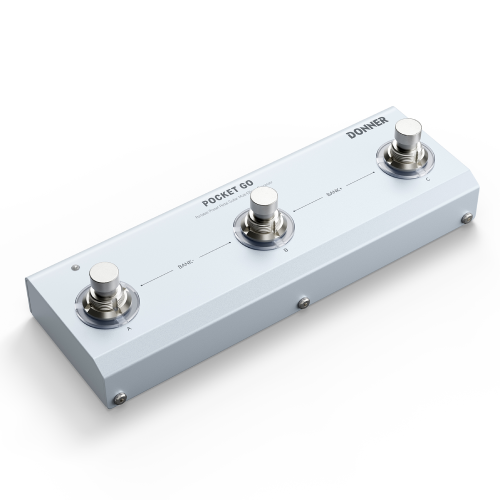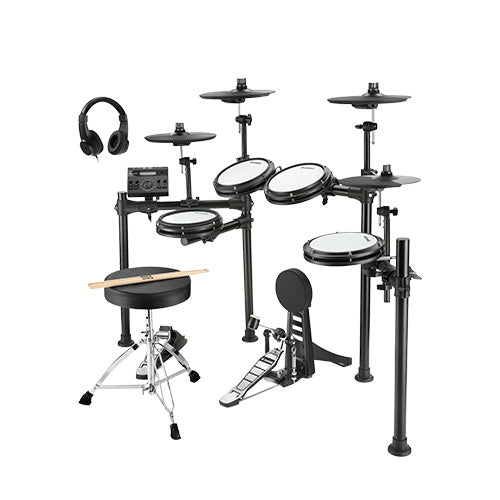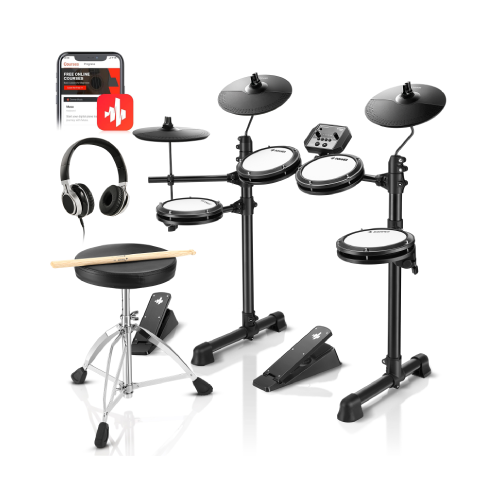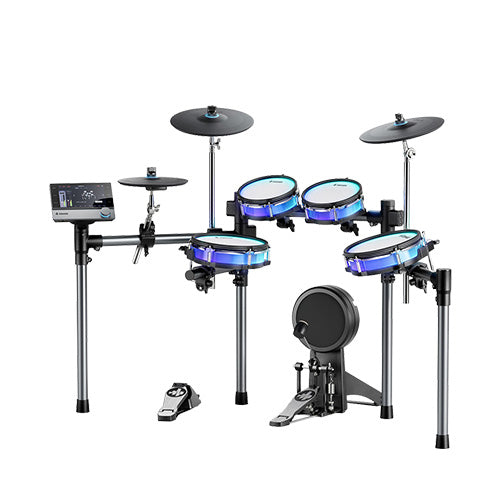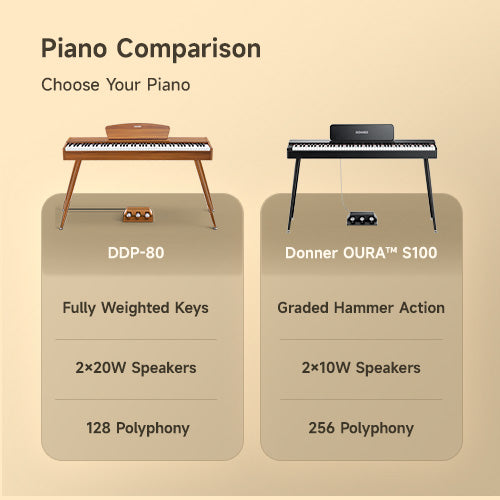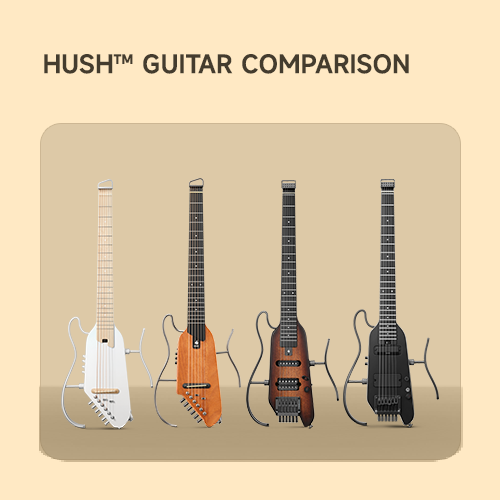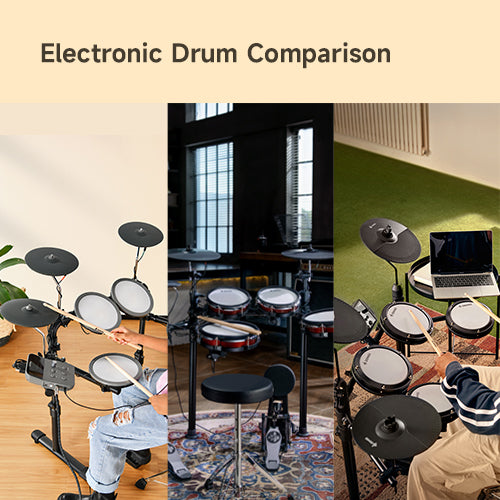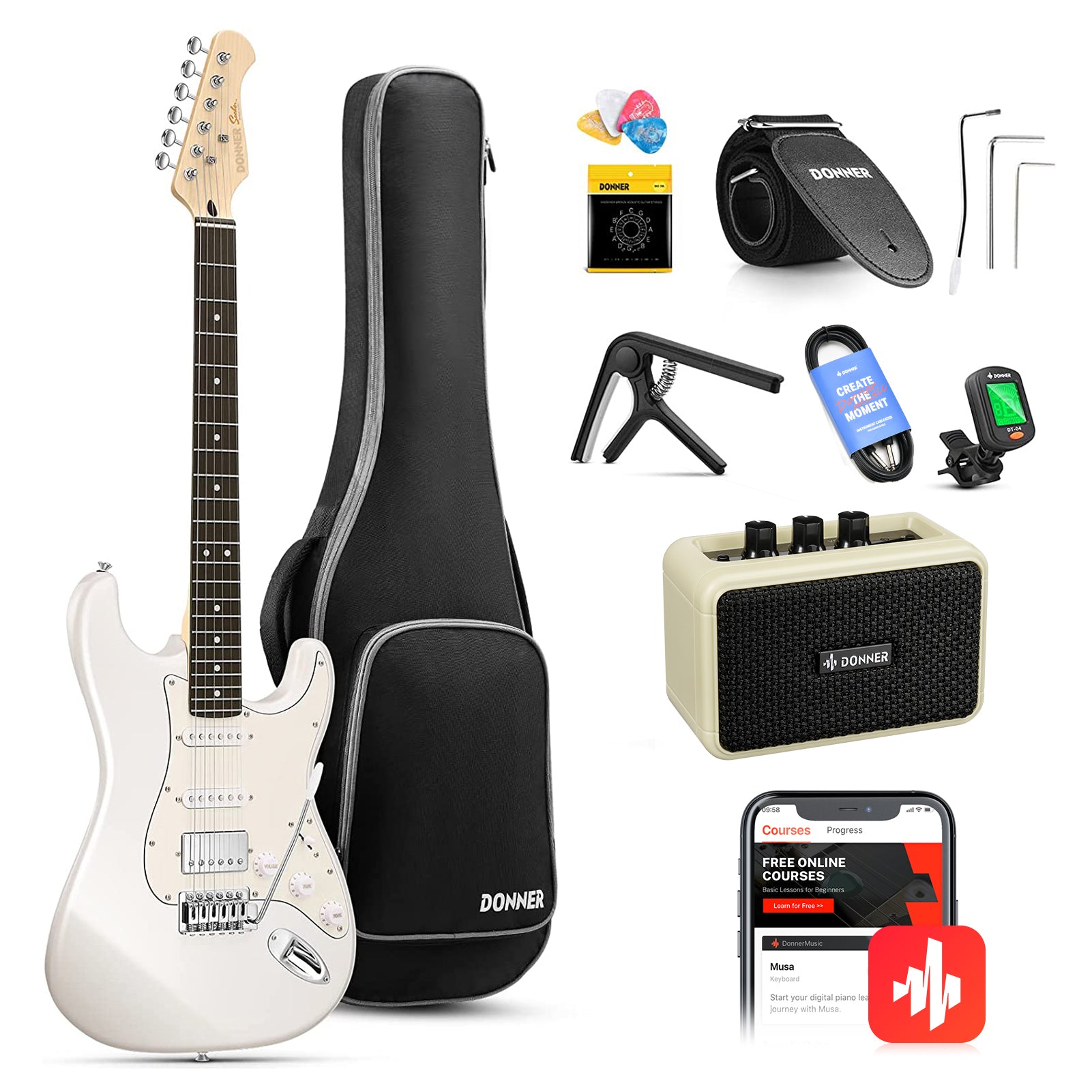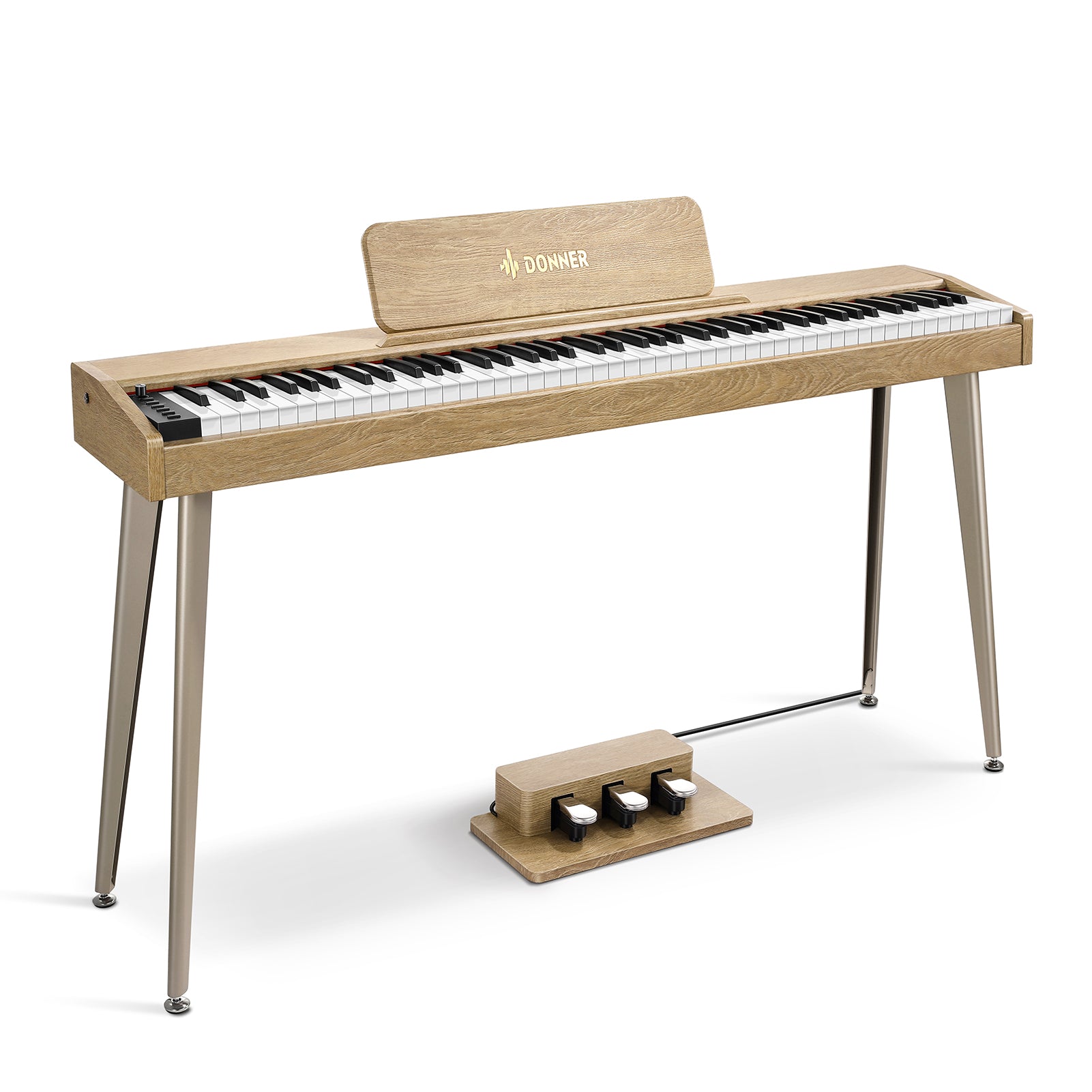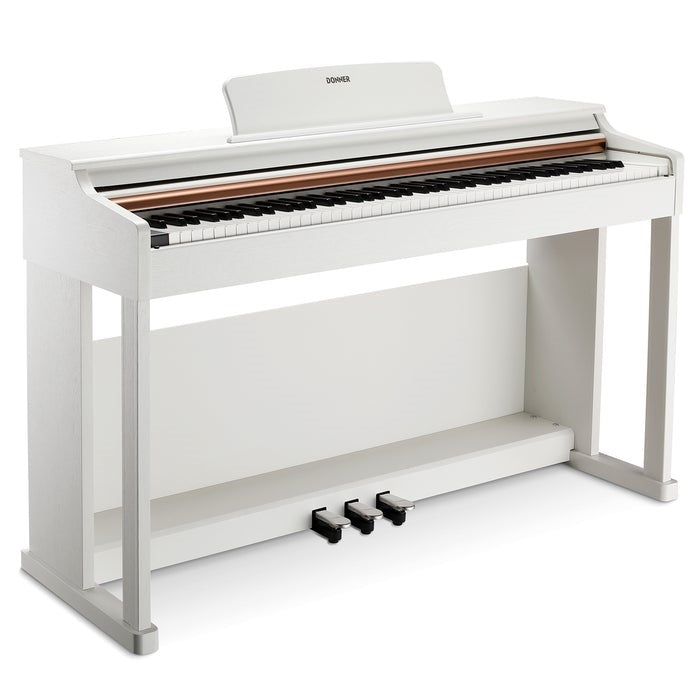Digital pianos have become a popular choice for musicians seeking versatile and portable instruments. However, understanding the lifespan of a digital piano is crucial for making informed decisions about investment and maintenance. In this blog, we'll delve into the factors influencing the longevity of digital pianos, how long they typically last, what factors play a role, and effective maintenance strategies.
How Long Does a Digital Piano Last?
The lifespan of a digital piano varies depending on multiple factors. On average, a well-maintained digital piano can last anywhere from 10 to 20 years. However, advancements in technology and changes in personal preferences may encourage users to upgrade to newer models within this timeframe.

Why Digital Piano's Life is Shorter?
Digital pianos, while offering a plethora of benefits, come with a finite lifespan. Several factors contribute to their relatively shorter lifespan compared to acoustic counterparts:
Technological Advances:
Rapid advancements in technology lead to the introduction of newer models with enhanced features. As a result, older digital pianos may become outdated, impacting their overall lifespan.
Electronic Components:
The core of digital pianos relies on electronic components, which can degrade over time. Factors like wear and tear, exposure to environmental conditions, and electronic failures contribute to a finite lifespan.
Build Quality:
The overall build quality of a digital piano, including the materials used and construction, plays a significant role. High-quality components and craftsmanship can extend the lifespan.
Depends On What?
The longevity of a digital piano depends on various factors, and understanding them can aid users in maximizing their instrument's lifespan:
Usage Frequency:
Heavy use, such as daily practice or professional performances, can contribute to more rapid wear and tear compared to occasional use.

Technological Obsolescence:
As technology evolves, digital pianos can become obsolete. Keeping up with technological advancements may influence the decision to upgrade.
Environmental Conditions:
Exposure to extremes in temperature, humidity, or direct sunlight can affect electronic components. Storing the digital piano in a controlled environment helps mitigate these issues.
Build Quality:
A well-built digital piano with quality materials and craftsmanship tends to have a longer lifespan. Investing in a reputable brand can pay off in terms of durability.

How to Maintain Your Digital Piano for Longevity?
To extend the life of your digital piano, consider the following maintenance tips:
Environmental Control:
Keep the piano in a stable environment with controlled temperature and humidity levels to prevent electronic and mechanical issues.
Regular Cleaning:
Dust and debris can accumulate on keys and internal components, impacting performance. Regularly clean the keys and other accessible parts using a soft, dry cloth.

Appropriate Usage:
Avoid excessive force when playing keys or using pedals. Gentle and consistent usage can prevent unnecessary strain on internal mechanisms.
Software Updates:
If your digital piano has firmware updates available, ensure that you keep the software up to date. This can enhance performance and address any potential bugs.
Professional Maintenance:
Schedule periodic check-ups with a professional technician to assess the internal components, sensors, and overall functionality of your digital piano.
In conclusion, understanding the factors influencing the lifespan of a digital piano empowers users to make informed decisions. By incorporating proper maintenance practices and considering the evolving landscape of technology, users can optimize the lifespan of their digital pianos, ensuring years of musical enjoyment.




